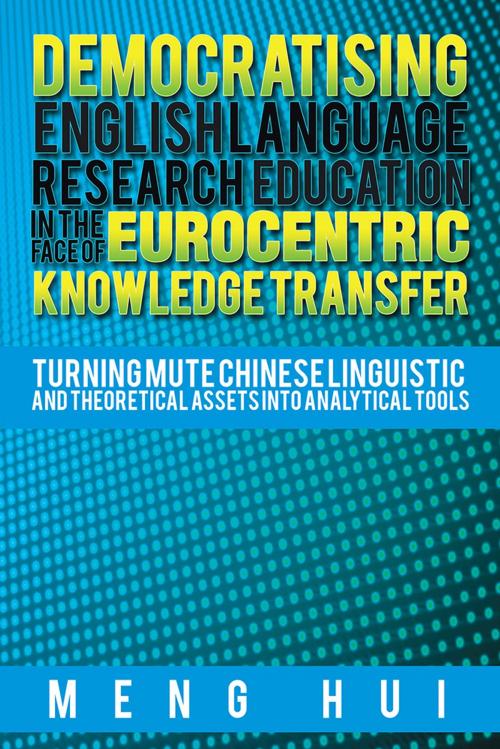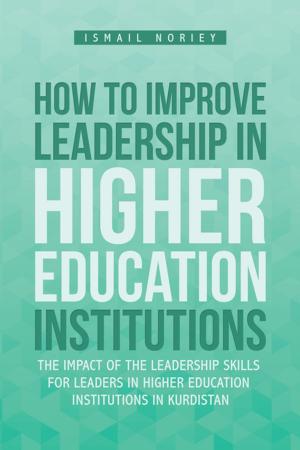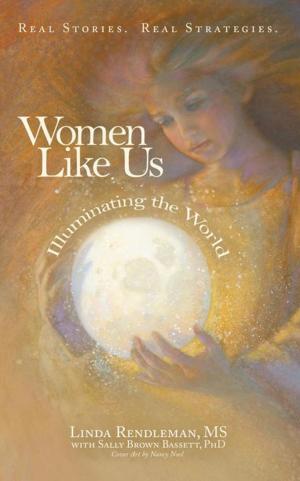Democratising English Language Research Education in the Face of Eurocentric Knowledge Transfer
Turning Mute Chinese Linguistic and Theoretical Assets into Analytical Tools
Nonfiction, Social & Cultural Studies, Social Science, Sociology, Reference & Language, Education & Teaching| Author: | Meng Hui | ISBN: | 9781496967169 |
| Publisher: | AuthorHouse | Publication: | June 15, 2015 |
| Imprint: | AuthorHouse | Language: | English |
| Author: | Meng Hui |
| ISBN: | 9781496967169 |
| Publisher: | AuthorHouse |
| Publication: | June 15, 2015 |
| Imprint: | AuthorHouse |
| Language: | English |
The number of Chinese research students studying in Australian universities is growing (Bradley, 2008). They are supposed to adapt to the new academic culture and their own intellectual assets are marginalised or even ignored (Singh, 2009, 2010; Singh & Han, 2009, 2010). Being situated in an academic environment which is Eurocentric, hierarchical, and largely dominated by the Western or Euro-American theory, in most cases, these students have to keep their own intellectual assets silent. This is another representation of Eurocentric knowledge diffusion (Alatas, 2006; Connell, 2007). However, despite all these unfavourable situations, some Chinese international research students have used some Chinese intellectual assets while doing research in Australia (Han, 2006; Han & Zhao, 2008; Singh & Han, 2009, 2010). Informed by Rancieres concepts of democracy (1991, 2006a, 2007b, 2009c) and mute speech (1999, 2007b, 2010a), this study makes original contribution to knowledge through (i) advancing a claim for, and an approach to democratising Australian research education and (ii) developing the mute speech pedagogy which might help engaging non-Western theoretical knowledge in this process.
The number of Chinese research students studying in Australian universities is growing (Bradley, 2008). They are supposed to adapt to the new academic culture and their own intellectual assets are marginalised or even ignored (Singh, 2009, 2010; Singh & Han, 2009, 2010). Being situated in an academic environment which is Eurocentric, hierarchical, and largely dominated by the Western or Euro-American theory, in most cases, these students have to keep their own intellectual assets silent. This is another representation of Eurocentric knowledge diffusion (Alatas, 2006; Connell, 2007). However, despite all these unfavourable situations, some Chinese international research students have used some Chinese intellectual assets while doing research in Australia (Han, 2006; Han & Zhao, 2008; Singh & Han, 2009, 2010). Informed by Rancieres concepts of democracy (1991, 2006a, 2007b, 2009c) and mute speech (1999, 2007b, 2010a), this study makes original contribution to knowledge through (i) advancing a claim for, and an approach to democratising Australian research education and (ii) developing the mute speech pedagogy which might help engaging non-Western theoretical knowledge in this process.















